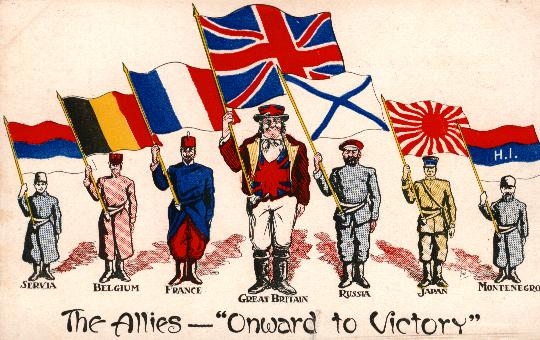The definition of propaganda according to the Oxford dictionary is “Information, especially of a biased or misleading nature, used to promote or publicize a particular political cause or point of view.” I feel like the first thing more people associate with the world propaganda is politicians. We all know the pain of watching endless political commercials on TV during an election year, and on local channels for state positions. It seems like most of the time the commercial isn’t even really supporting the candidate who’s funding it, it’s just making their opposing candidate look as bad as possible. This method of campaigning is propaganda.
 The use of propaganda has been dated all the way back to 515 B.C.E. from Darius I’s ascent to the persian throne. It was also used to manipulate wars throughout history. The most large-scale propaganda distribution occurred during World War I. Germany’s emperor Wilhelm would spread their propaganda to neutral countries in efforts to persuade these neutral countries to be on Germany's side. Propaganda was used to create hatred between countries and fuel the fire that is total war. However, it wasn’t only used to create tension, it was also used within one country to gain support of its people and encourage them to support the war.
The use of propaganda has been dated all the way back to 515 B.C.E. from Darius I’s ascent to the persian throne. It was also used to manipulate wars throughout history. The most large-scale propaganda distribution occurred during World War I. Germany’s emperor Wilhelm would spread their propaganda to neutral countries in efforts to persuade these neutral countries to be on Germany's side. Propaganda was used to create hatred between countries and fuel the fire that is total war. However, it wasn’t only used to create tension, it was also used within one country to gain support of its people and encourage them to support the war.  It is important to note that although propaganda often gets a bad reputation, it is not always about spreading lies and hatred, but rarely portrays the full truth. The iconic Rosie the Riveter “We Can Do It!” poster of World War II is an example of a widely positive piece of propaganda. It spread a message of strength and independence to women that they could do just as much and just as good of work as men could. Certainly an inspiring message, especially for the time. But the reason for this poster and this message was since men were away at war, they needed women to work in factories and produce products for the war. The indirect goal of this iconic piece of artwork was to gain support and resources for World War II. This specific propaganda poster sends a positive message with an underlying controversial meaning of support for the war.
It is important to note that although propaganda often gets a bad reputation, it is not always about spreading lies and hatred, but rarely portrays the full truth. The iconic Rosie the Riveter “We Can Do It!” poster of World War II is an example of a widely positive piece of propaganda. It spread a message of strength and independence to women that they could do just as much and just as good of work as men could. Certainly an inspiring message, especially for the time. But the reason for this poster and this message was since men were away at war, they needed women to work in factories and produce products for the war. The indirect goal of this iconic piece of artwork was to gain support and resources for World War II. This specific propaganda poster sends a positive message with an underlying controversial meaning of support for the war.
Nowadays, we often see propaganda spoken rather than written on posters, but the meaning stays the same. I think everyone has seen a political ad about some politician, whether it be state or national level, who supposedly went against some value that their political party stands behind. The issue with political propaganda is that they are almost always based on a single issue. The whole commercial focuses on the support or the illegalization of gun rights, abortion, immigration, and many other topics seen as controversial between political parties. These propaganda ads encourage voters to make their choice on a single issue rather than hear all the facts and opinions of all candidates involved.
Propaganda may not always be a lie, it may not always be used with malicious intent, but it is never the full truth. When information seems one-sided, exaggerated, or in any way biased, be sure to fact check and look into the other side(s) of the story. An effective way of fact checking is to watch videos and read information on people who are using propaganda or are victimized by it and most importantly gather this information from multiple reliable sources.
No comments:
Post a Comment